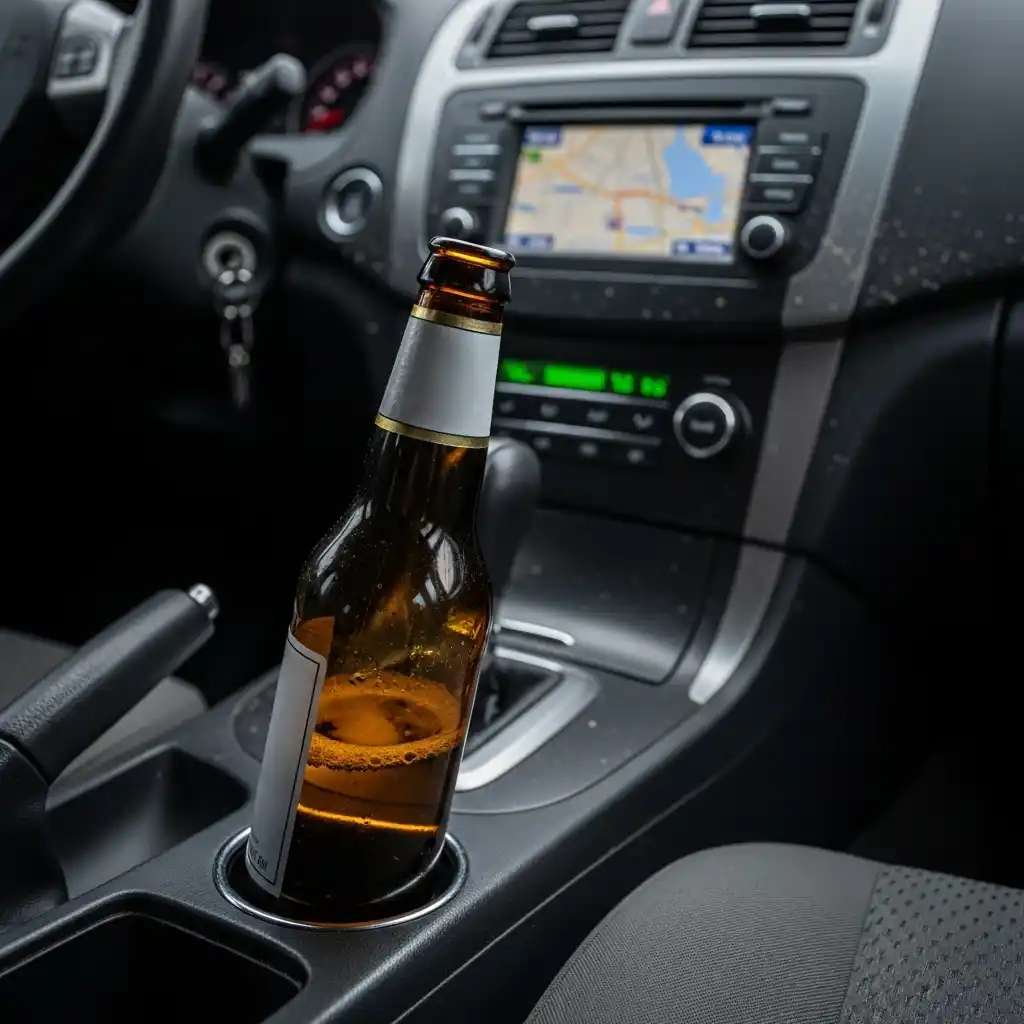
California, like many other states, takes a strict stance on the consumption of alcohol while operating a motor vehicle. One crucial aspect of this is California's open container law, which prohibits having an open container of alcohol in your vehicle while driving, even if you're not actively drinking from it. In this article, we will delve into the specifics of California's open container law, the penalties for violating it, and potential legal defenses.
California's open container law, found in Vehicle Code Section 23223 and 23225 VC, makes it illegal for drivers and passengers to have an open container of alcohol in the passenger compartment of a motor vehicle while it's being driven on a public road or highway. This law applies to all alcoholic beverages, including beer, wine, and spirits.
Here are some key points to understand about this law:
1. Definition of an Open Container: An "open container" is typically defined as any alcoholic beverage that has a broken seal has been opened, or has partially removed contents. This includes bottles, cans, and other containers with alcoholic beverages inside.
2. Passenger Compartment: The law specifies that the open container must be in the "passenger compartment" of the vehicle. This generally includes the area where the driver and passengers sit and have access to, such as the glove compartment and the space between the seats.
3. Exceptions: There are some exceptions to this law. For example, open containers are allowed in the passenger compartment of vehicles for hire, like limousines or buses, and in some living quarters of certain motorhomes and recreational vehicles.
Violating California's open container law can result in various penalties, including fines, potential driver's license suspension, and impacts on your insurance rates. Here are some potential consequences:
1. Fines: The fine for an open container violation can vary but typically ranges from $100 to $250 for a first offense. Subsequent violations may result in higher fines.
2. Driver's License Suspension: While a first-time open container violation does not usually lead to a driver's license suspension, multiple violations within a short period could result in a suspension.
3. Insurance Consequences: A conviction for an open container violation may cause your auto insurance rates to increase significantly.
It's crucial to note that open container violations can also lead to other charges, especially if the driver is found to be under the influence of alcohol or drugs.
If you've been charged with violating California's open container law, you may have legal defenses to consider. Some potential defenses include:
1. Lack of Knowledge: If you were unaware that there was an open container of alcohol in your vehicle, you may have a valid defense.
2. Improper Search and Seizure: If the open container was discovered during an illegal search of your vehicle, it may be possible to have the evidence suppressed in court.
3. Exceptions Apply: If you were in a vehicle exempt from the open container law (e.g., a limousine), you may not have violated the law.
California's open container law is a strict regulation designed to discourage drinking and driving. Understanding the law and its potential consequences is essential for all motorists. It's also crucial to be aware of your rights and possible legal defenses if you're charged with an open container violation. Always remember that the best way to avoid legal issues related to alcohol and driving is to abstain from drinking any alcoholic beverages while operating a motor vehicle and to ensure that any open containers are safely stored in the trunk or a location inaccessible to the driver and passengers.